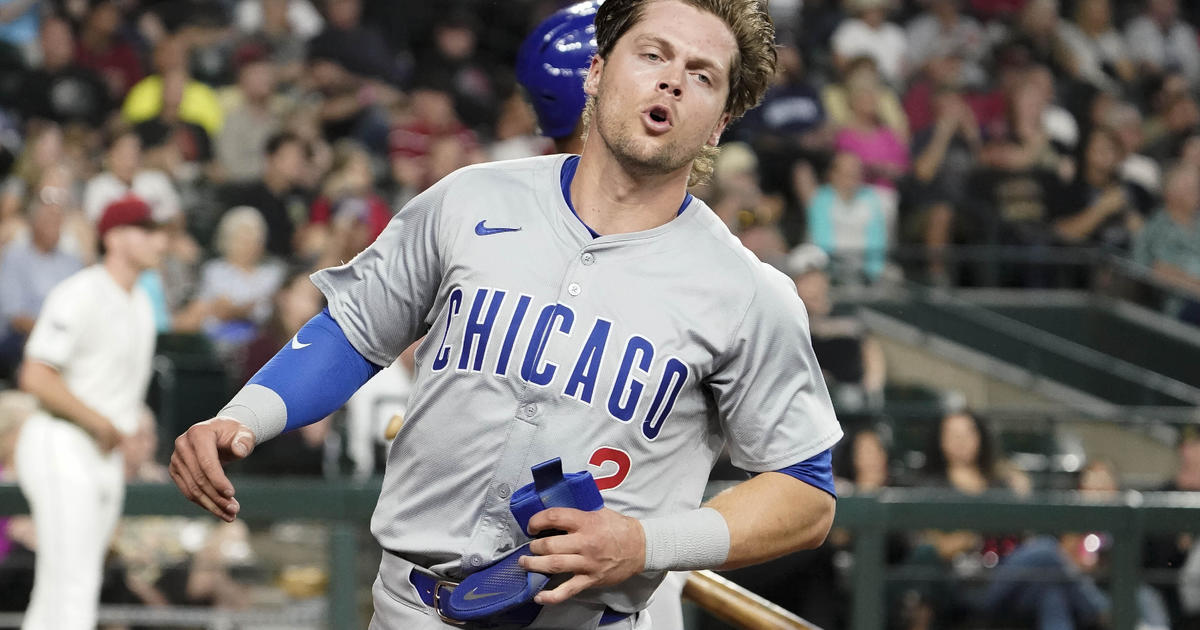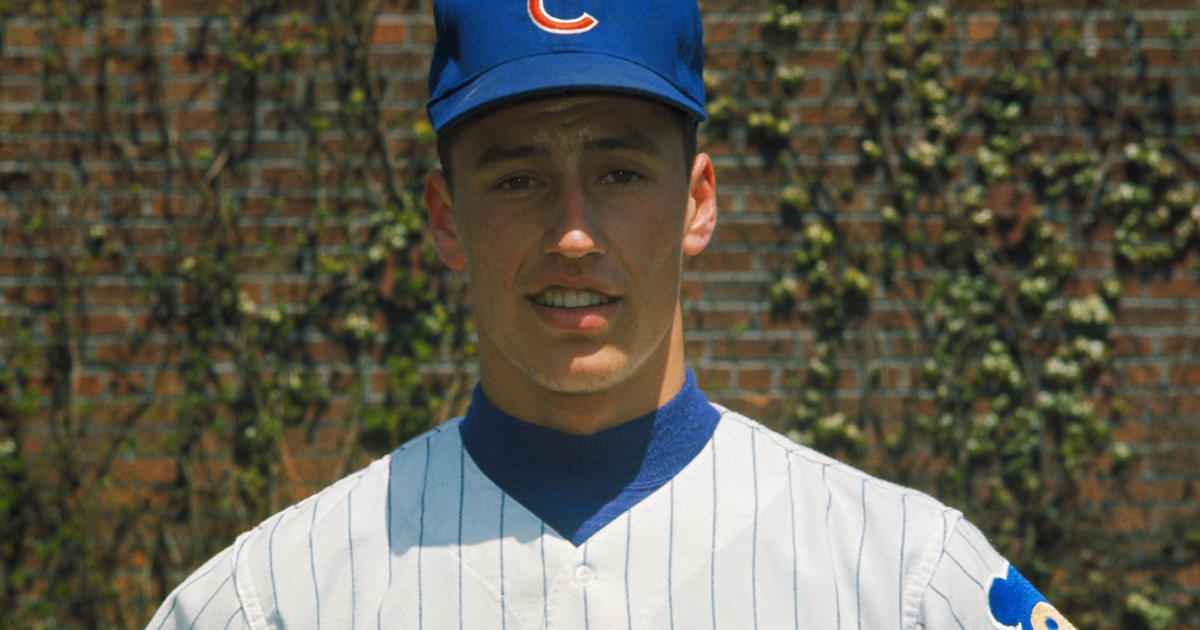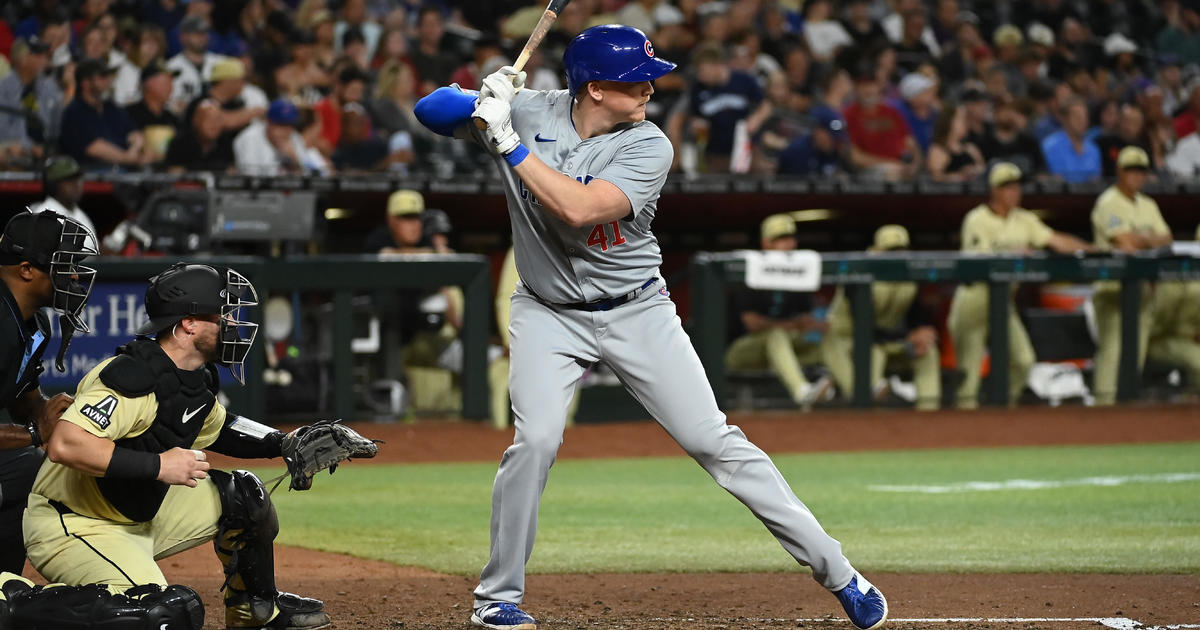Levine: Quality Starts Will Be Key To Cubs' Return To Dominance
By Bruce Levine--
CHICAGO (CBS) -- Make no mistake about it: The Cubs' chances of repeating a dominant run to postseason will depend on how deep their starting pitchers can pitch into games.
The 2016 World Series champion Cubs had a starting staff that led the National League in innings pitched. Members of this year's rotation are all averaging less than six innings per outing. The Cubs are 12-5 when that day's pitcher throws a quality start, recording at least six innings and three earned runs or fewer.
Getting rotation members stretched out and trying to protect the starters from throwing too many early season innings seem like contrary agendas. On Sunday, right-hander Jake Arrieta registered his fourth quality start of the season. The team now has 17 for the season.
"It was a grind for a couple of those innings, but it was a step in the right direction," Arrieta said. "We hope to build off of that and move forward."
The abundance of innings that have piled up on the Chicago rotation since 2015 has created a system of lowering the spring training innings pitched. The same holds true as the regular season begins.
Manager Joe Maddon and the coaching staff hold back on the pitch count in the first six weeks of games for the starters. What's created then leads to the pitchers having to build their workloads from 95 to 110 pitches per outing.
"Once they dial me back, I try to use my side sessions to build arm strength," right-hander Kyle Hendricks said. "You have to be able to go deep in games. That is our goal every time out there. The dialing back and then stepping on it takes some self-determination and work for me. You must know your body and the tipping point of how the arm feels and when you are maxing out. For me, it is around 110-115."
The old-time pitcher of a bygone era never worried about pitch counts. There was little thought about cutting back on innings to save something for the postseason.
"That now varies from guy to guy," said right-hander John Lackey, pitching in his 15th season. "It has never been a big deal for me. Being able to execute after 100 pitches is a learned skill. You find a little more left in the tank if you locate and learn how to mix things up."
Lackey threw 120 pitches on a regular basis to begin his career. There was little protection mode for young pitchers back in 2002.
"My rookie year, including the minor leagues, I threw 200 innings," Lackey said. "I wasn't treated like a lot of these kids are treated these days. To me, you can do whatever you are conditioned to do and what they allow you to do. A lot of times, some front offices are scared of pitchers getting hurt. They hold them back and don't allow them to reach what they could be sometimes."
One other element has impacted the innings pitched by the Cubs rotation: The starters have a collective 9.21 ERA in the first inning this season, allowing 43 earned runs. That's led to shorter quicker hooks.
Bruce Levine covers the Cubs and White Sox for 670 The Score and CBSChicago.com. Follow him on Twitter @MLBBruceLevine.



